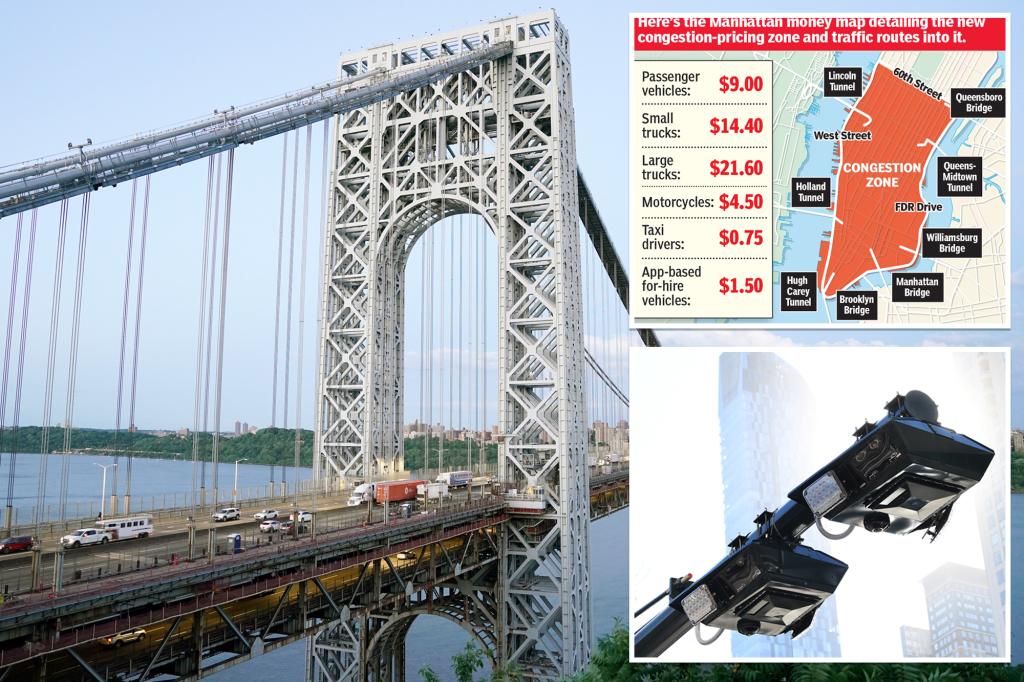A political battle has emerged in New York over Governor Kathy Hochul and the MTA’s controversial $9 congestion toll. This toll, which is the first of its kind in the nation, allows the MTA to collect fees for entering Manhattan south of 60th Street. Despite concerns raised about environmental mitigation on the New Jersey side of the Hudson, a federal judge ruled that implementation of the toll could move forward and did not issue a preliminary injunction to block it.
MTA chairman Janno Lieber expressed satisfaction with the ruling, stating that the decision would not interfere with the toll’s scheduled implementation on January 5th. Governor Hochul also celebrated the decision, highlighting it as a victory for commuters in both New York and New Jersey. She noted that the toll’s cost would be reduced by 40% from the originally proposed $15 fee. However, New Jersey Governor Phil Murphy argued that the ruling did put a temporary halt on the toll’s implementation, as the MTA could not proceed as planned due to a remand requested by the judge.
The ruling largely favored the MTA and the US Department of Transportation over New Jersey in terms of environmental assessments conducted on the impact of congestion pricing. While the judge found that New York had specific mitigation measures in place to address pollution, similar measures were lacking for New Jersey communities affected by diverted traffic. The judge criticized the defendants for failing to provide adequate information on mitigation efforts in New Jersey, ultimately deeming their actions arbitrary and capricious.
Governor Hochul initially proposed a $15 toll to enter Midtown south of 60th Street, but later reduced it to $9 after the election. A federal judge rejected a bid from plaintiffs, including the United Federation of Teachers and Staten Island Borough President Vito Fossella, to block the toll’s implementation. Proponents of the toll argue that it will fund mass transit and reduce traffic, while opponents view it as a money-making scheme for the MTA. Another case challenging the toll, brought by Hempstead Town Supervisor Don Clavin, is still pending in a Brooklyn federal court.
In conclusion, the political battle over the congestion toll in New York reflects a broader debate over transportation and environmental issues in the region. While the ruling allows the MTA to move forward with implementing the toll, concerns remain about the impact on New Jersey communities and the lack of specific mitigation measures in place. As the toll goes into effect, it is likely that further legal challenges and disputes will arise as stakeholders continue to weigh the benefits and drawbacks of this controversial initiative.


